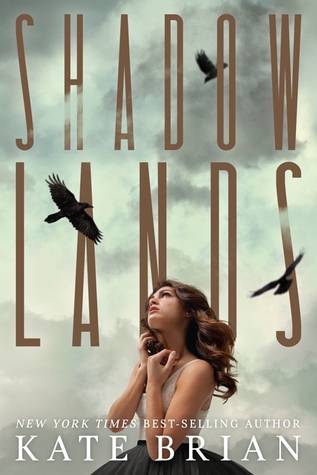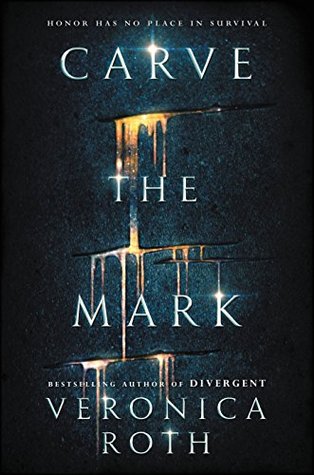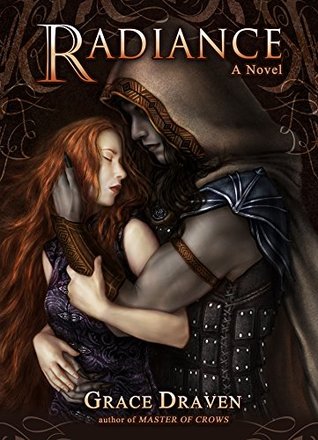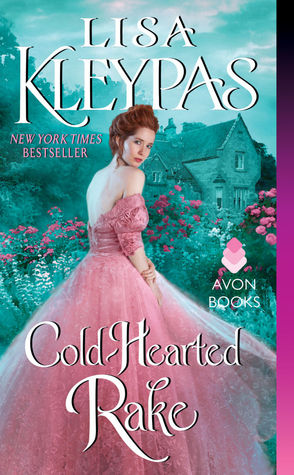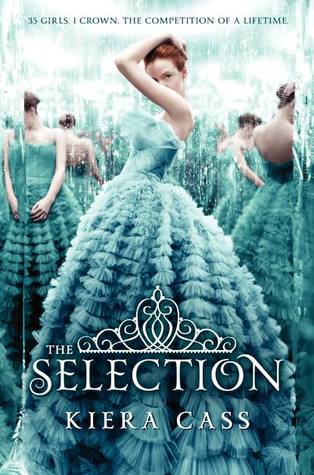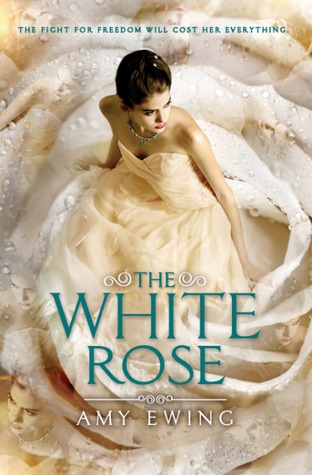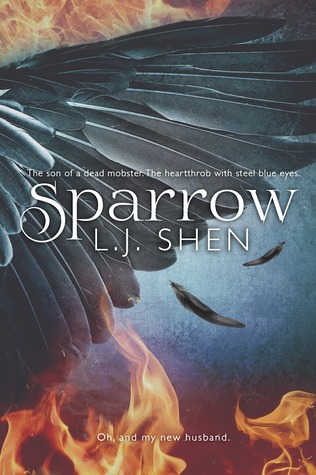
I read this book for the Unapologetic Romance Readers' New Years 2017 Reading Challenge. For more info about what this is, click here.
Can I just take a moment to say that I finished not one, but BOTH of my romance group's monthly picks? As someone who is notoriously bad at buddy/group reads, I take pride in this! #yaass
SPARROW was our January pick - I think I was actually the one who suggested it, because I'd gotten it for free from the Kindle Store & was trying to give myself a reason to get to it faster. Mafia romances are not usually my thing...I don't think I've ever read one I liked, and that's usually because "power" is portrayed as "moronic jackass who likes to wave his designer gun around." I don't know much about the mafia, but I'd imagine politics and business dealings are far more effective weapons than a pistol.
Troy Brennan is definitely a jackass who enjoys waving his gun around. To be fair, in the beginning of the book, he felt genuine. There was an icy restraint to him that felt authentic and convincing, kind of like Bastien Toussaint from Anne Stuart's Ice series, on steroids. I felt like that subtlety was far more threatening than anything overt. This disappears pretty quickly. Troy wants you to know he's a bad guy, so he's always wearing his gun, always using the f-word, always brandishing that stupid list of his so you know he means business. In the beginning, we see him kill one guy and get a graphic description of how he tortures another guy, and that was genuinely scary but after that, it's adolescent posturing, with Troy bawling out, "SHE BELONGS TO MEEEEEEEE!" to anyone who will listen.
But - he's also a CHEATER.
When he first gets married to the heroine, Sparrow, he gives her a gift and then gleefully tells her that his mistress picked it out. It's lingerie. When she needs a dress, his mistress sends her one. He sleeps with his mistress in the bedroom he shares with his wife, because he is a CHEATER.
He also fetishizes the heroine's virginity in a very weird way. At one point, he implies that her being a virgin makes her taste better after oral sex. The heroine is so afraid that he's going to rape her on their wedding night that she slices her foot and puts the blood "in there" so she can tell him she's on her period. Troy makes her take her underwear off, demanding to see the blood, and then PUTS HIS FINGER IN THERE AND LICKS SOME. Ew. I think that is worse than the tampon scene in FSoG. Even grosser, we find out later that Troy was forced to marry Sparrow by his father to get her inheritance, and knowing that, he kept her a virgin her whole life by threatening anyone he thought was interested.
"[He ke]pt you a virgin all this time so he'd be the one to pop your cherry" (246)
She was a blank, clean, white sheet for me to scribble on (222).
What makes this even more annoying is the fact that Troy has no problem sleeping around. CHEATING aside, he's slept with most of the women in their city, and brags about it. But God forbid his wife cheats on him. He threatens her about this several times, putting her purity on a pedestal.
Sparrow isn't much better, personality-wise. She doesn't have a personality, really. All we know about her is that she's a virgin, 5'3", underweight, and very young looking. (I think in the beginning of the story, she describes herself as looking barely legal.) She makes a big point of insulting all the other women in this story, including (especially) Troy's mistress, Cat. But not just Cat. Any sexually mature woman is portrayed as a vile, swooping harpy, whose only mission in life is to titter lasciviously in an attempt to coax men to cheat, usually juxtaposed against good, sweet, PURE Sparrow by means of comparison. Here's how she describes an innocent waitress whose only crime is to check out a man in Sparrow's presence:
"A middle-aged waitress with fake boobs and enough makeup to sculpt a small-sized vase brushed past us and eye-licked Brock..." (173)
She never appears in the story again, but it's so important that you know what a scheming tramp she is that not one, but two, descriptors are applied to her appearance to make you realize how pathetic she is.
I will admit that, bar a few typos, the writing in SPARROW was pretty good. And the beginning of the story showed a lot of promise. In my book group, I initially praised the author for taking the time to actually show - NOT TELL - us that the hero was a bad guy. I think the problem was that the author seemed to want Troy to be this troubled guy, who was so much MORE than an evil, heartless mobster (as that big reveal with Cat towards the end seemed to suggest). I.e. "He's damaged and just needs a hug, etc., etc." But his portrayal fell apart, and he became very immature and unprofessional, and his constant need to posture just made him seem insecure instead of powerful and intimidating.
I'm not sure I'd read another book by this author. Even though this is definitely the "best" mafia romance I've read, I still didn't enjoy it. I was tempted to give it a 2* because I felt like the author really did try her best, but I was just too annoyed with the hero and that tacked-on happy ending. A 2* would have felt fake. If you enjoy mafia romances, you'll probably enjoy this one, as it is better written than most. Just be aware that there's CHEATING, for those who are bothered by that trope.
1 to 1.5 out of 5 stars

